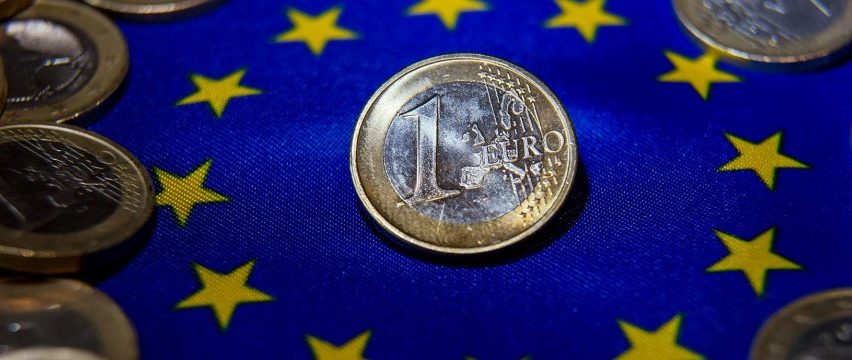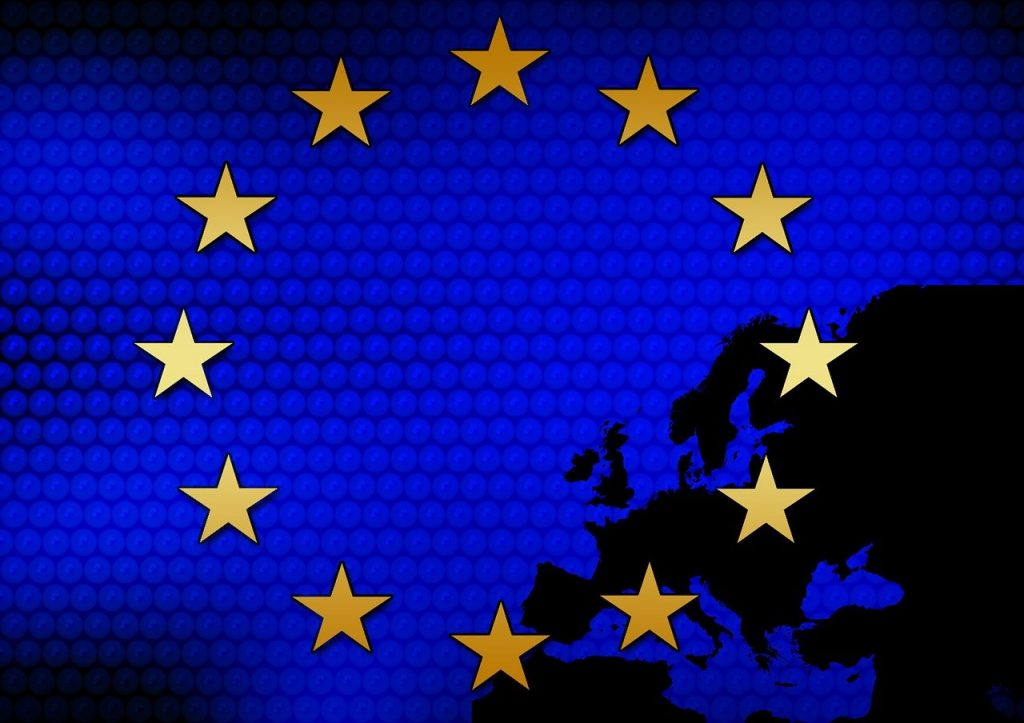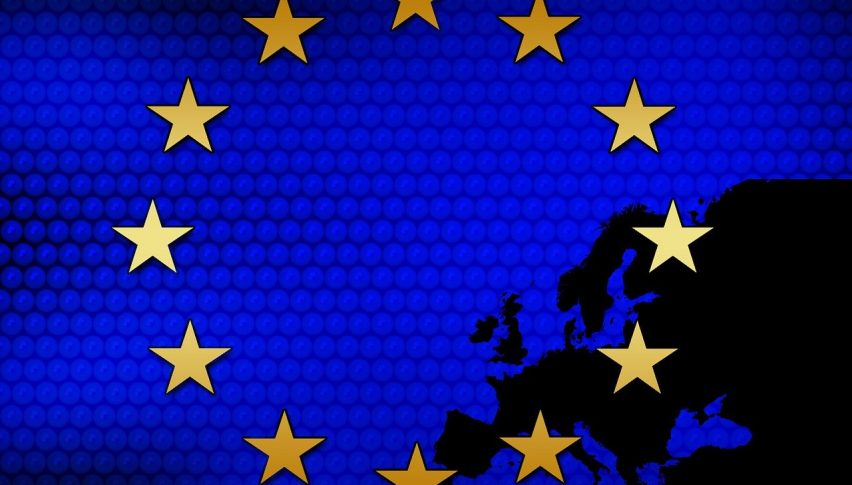European Union Initiates Legal Process to Ratify Mercosur Trade Deal
The agreement has also become a flashpoint in French politics: the right has accused President Emmanuel Macron of “betrayal”.

Quick overview
- Brussels has initiated the ratification process for the EU-Mercosur trade agreement, which aims to open South American markets to European exports in exchange for agricultural access.
- France, Italy, and Poland have expressed concerns that the deal could harm their farmers, demanding stronger safeguards against potential market disruptions.
- While Germany and Spain support the agreement as a strategic opportunity to diversify markets, internal divisions within the EU pose challenges to its ratification.
- The deal must be approved by all 27 EU member states and the European Parliament, with France needing to secure a blocking minority to halt the process.
Brussels has launched the ratification process for the European Union–Mercosur trade agreement, a landmark deal that would open South American markets to European cars and machinery in exchange for greater access to EU markets for beef and grains.

France, Italy, and Poland have warned that the pact threatens their farmers and are demanding stronger safeguards.
The European Commission initiated the process on Wednesday, in a move that underscores growing internal divisions within the bloc as pressure mounts from European agricultural groups. The agreement, finalized in December, must be approved by all 27 EU member states and the European Parliament. France remains at the forefront of the opposition.
The deal would phase out tariffs on 91% of European exports to Mercosur over 15 years, covering automobiles (currently subject to a 35% tariff), machinery, and alcoholic beverages. In return, the EU would gradually open its markets to South American agricultural products, including an additional 99,000 metric tons of beef, as well as poultry, rice, honey, soybeans, and biofuels. The accord also protects 350 European geographical indications—such as Parmigiano Reggiano—against imitation in Mercosur countries.
French Resistance and Political Risks
The launch of the ratification process comes as French Prime Minister François Bayrou faces a no-confidence vote that could topple his government. Paris has long argued that the deal threatens sensitive sectors including beef, poultry, and sugar, and is pressing for reinforced safeguard clauses. While the European Commission may add an annex allowing emergency measures in the event of agricultural market disruptions, both the French government and major unions such as the FNSEA remain firmly opposed.
The agreement has also become a flashpoint in French politics: the far right has accused President Emmanuel Macron of “betrayal” if he backs the deal, while the radical left is calling for mass mobilizations against what it views as a Brussels “imposition.”
Support from Germany and Spain
Germany and Spain, however, see the pact as a strategic win, arguing it will help Europe diversify export markets, reduce reliance on China for critical minerals such as lithium, and counter U.S. tariffs imposed by Donald Trump. According to Commission estimates, European exporters would save over €4 billion annually in tariffs, making it the largest trade deal in EU history by tariff reduction.
Outlook and Possible Scenarios
For the agreement to move forward, it must be ratified by the Council of the EU and the European Parliament. France would need to secure a “blocking minority” of at least three additional countries representing 35% of the EU’s population to derail the pact. With Italy and Poland already voicing opposition, the path forward remains uncertain.
European Commission President Ursula von der Leyen is pushing for ratification before the end of 2025, coinciding with the conclusion of Brazil’s rotating presidency of Mercosur. Still, internal EU divisions and persistent farmer resistance could delay—or even derail—a trade deal poised to reshape transatlantic economic relations.
- Check out our free forex signals
- Follow the top economic events on FX Leaders economic calendar
- Trade better, discover more Forex Trading Strategies
- Open a FREE Trading Account
